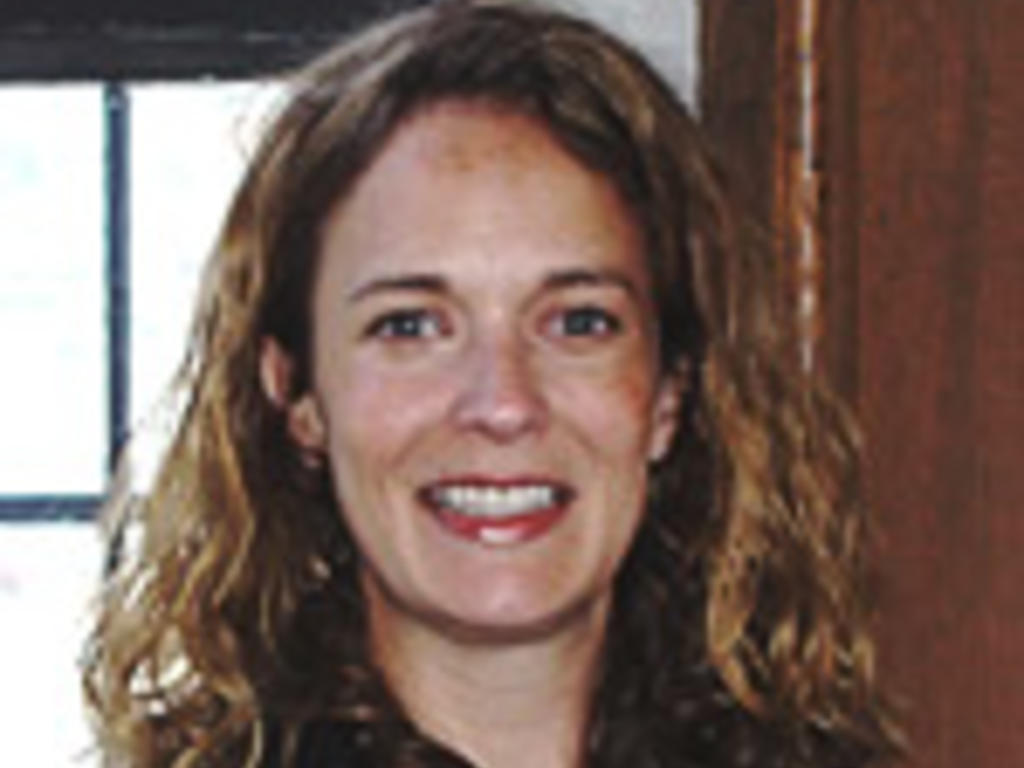Dr. Betsy Williams Sanders, assistant professor of computer science at Rhodes, has won a $551,747 National Science Foundation (NSF) Early Career Development (CAREER) Award. This is the NSF’s most prestigious award in support of junior faculty “who exemplify the role of teacher-scholars through outstanding research, excellent education and the integration of education and research within the context of the mission of their organizations.” This award aims to support the development of individual research programs of outstanding scientists who are in the early stages of their careers.
This award, disbursed over five years, will fund Sanders’ research on how to create a compelling, low-cost virtual reality system that allows users to explore any virtual environment without feeling “virtually” lost. According to Sanders, with consumer-level devices like the Microsoft Kinect, Nintendo Wii components, and Oculus Rift head-mounted display, the opportunity to create a high-fidelity, low-cost immersive virtual reality system is imminent.
Sanders believes that virtual reality could have a huge impact on medicine, training, and education, but systems are not widely used because they are still expensive and complex to operate. Thus, the goal of her research is to develop an inexpensive, broadly used virtual reality system. The potential uses of such systems are limitless; some include experiencing historical sites such as Pompeii, walking the streets of Paris, visiting buildings before they are built, assessing search and rescue efforts of firefighters, navigating gaming environments, exploring a model of the human heart, navigating through the ocean, or even exploring outer space.
The state-of-the-art equipment provided by the grant also will allow Sanders to create a world class virtual reality research lab at Rhodes. As part of the educational goals for this project, Sanders plans to incorporate her research and equipment into the undergraduate computer science curriculum at Rhodes through paid research assistantships, seminar classes, and an upper level computer science undergraduate virtual environments course. Sanders explains that one of the most exciting things about this project is the ability to support so many undergraduate students. She goes on to mention that undergraduate research experiences are important because they enhance skills and may lead to other cognitive or personal gains such as increased self-confidence, improved basic inquiry skills, greater understanding of the scientific process, and improved communication skills. Moreover, as Sanders points out, these experiences increase retention in science majors and future participation in graduate school.
Sanders will invite high school AP computer science students from the Memphis area to participate in the research. She also plans to use this research opportunity to continue to recruit and support women and minorities in the field of computer science.
